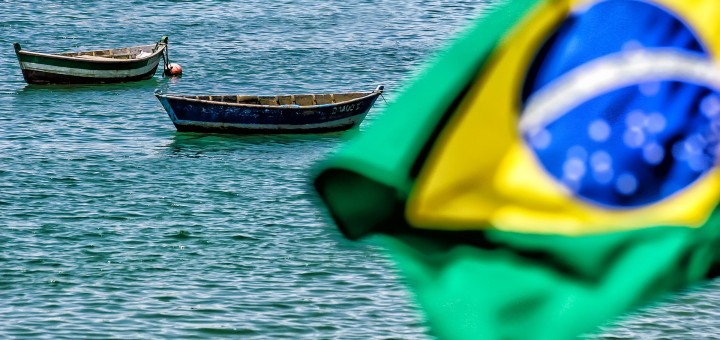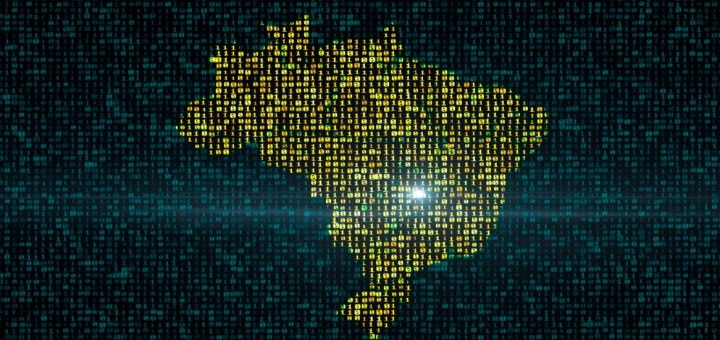NPOs in Brazil are eligible to obtain one or more government designations that grant specific tax benefits to the entity and/or its funders/donors. The designations exist at all 3 levels of government, federal, state, and local. These designations are the following:
-
Public Interest Civil Society Organization (OSCIP).
-
Social Organization (OS),
-
Certified Beneficent Social Assistance Entity (CEBAS).
The OSCIP designation is granted by the Ministry of Justice pursuant to Law 9790/1999. To be eligible, the entity cannot have public employees and/or officials in its governing bodies, and it must abide by some restrictive rules on transparency, accountability, and conflict of interest.
The OS designation is currently very restrictive, as it is granted on a discretionary basis by the federal government on the advice of the Ministry in charge of the field of activity of the concerned NPO, pursuant to Law 9637/1998. To be eligible, the entity must have public officials in its governing bodies.
To obtain exemption from required payments of certain fringe benefits and social security taxes, NPOs must obtain the Social Assistance Beneficent Certification (CEBAS). The CEBAS is granted to NPOs with activities in the fields of health, education, or social assistance, by the Ministry in charge of the corresponding field.
None of the above special designations are mandatory for a private entity to qualify as an NPO, but they may indicate that the entity is more nearly equivalent to an IRC §501(c)(3) organization. Accordingly, a grant-maker should inquire whether an NPO has one of these designations.
Photo credit: Rodrigo Soldon




